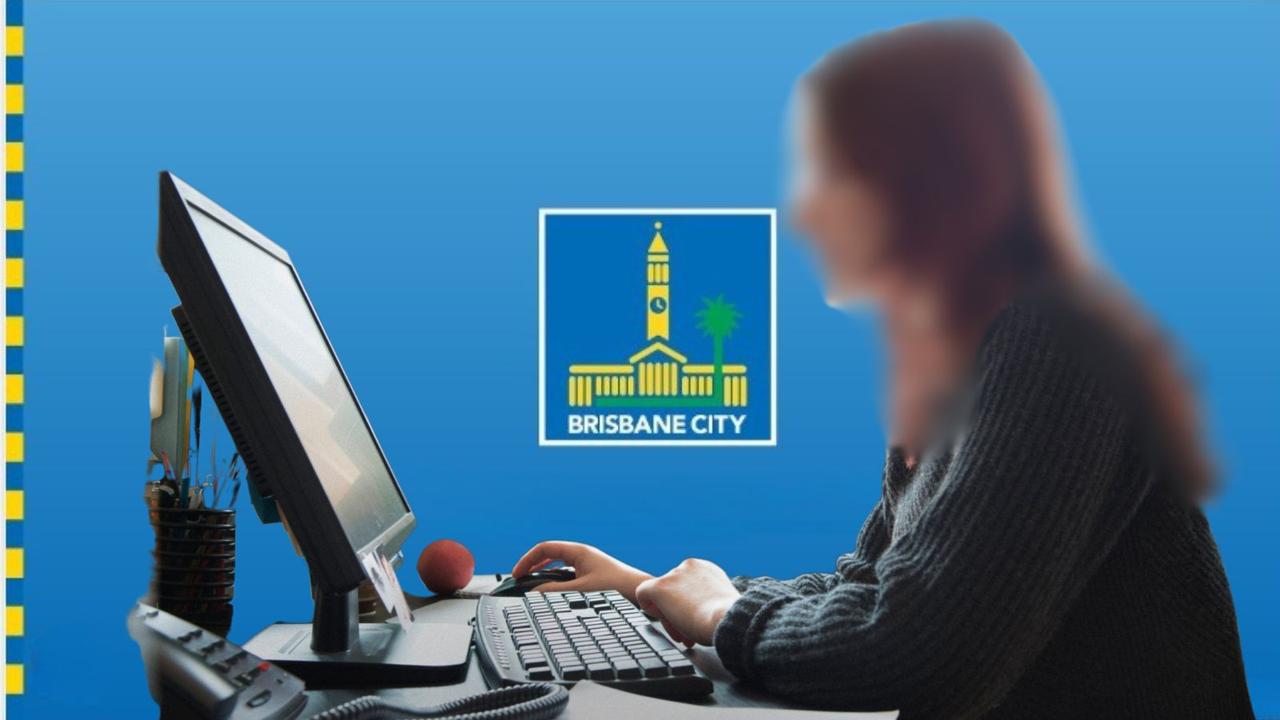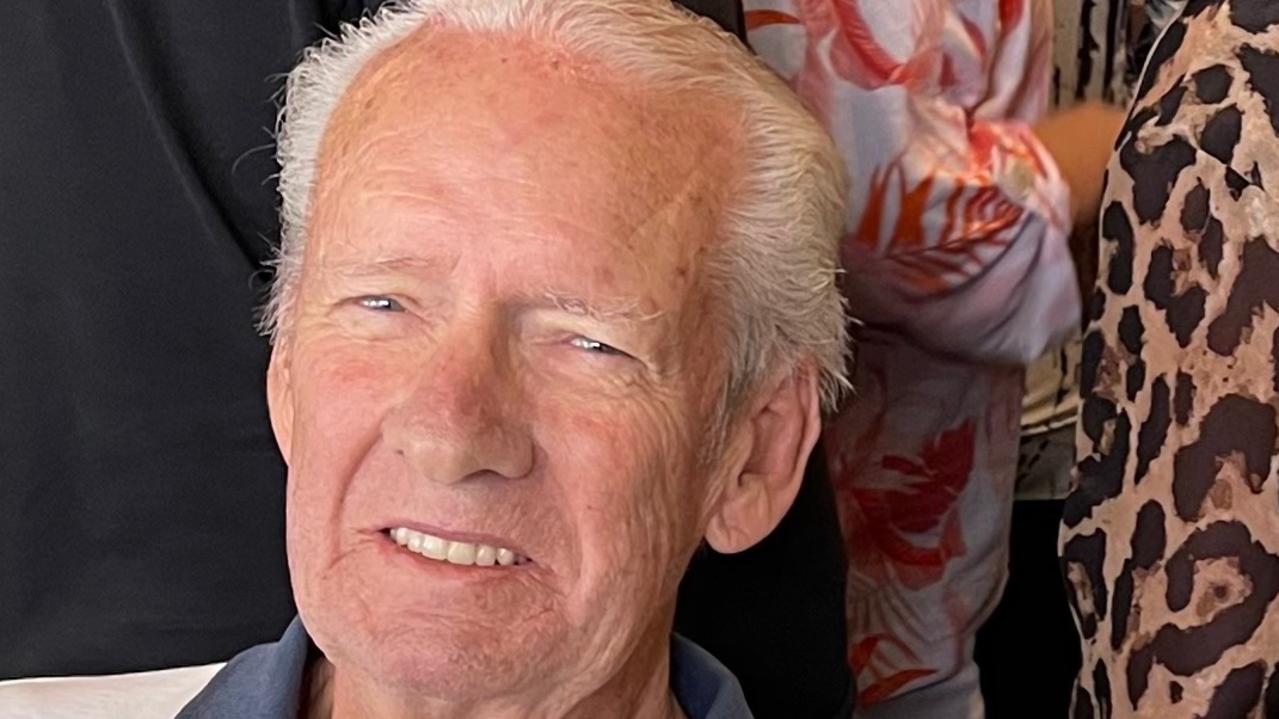Cracks in sperm donor system as Qld man fathers 50 children
He was a ‘hot property’ sperm donor - blue eyes, athletic, healthy. But a Brisbane man has unwittingly fathered 50 children, exposing flaws in the state’s donor system and sparking confidentiality fears.
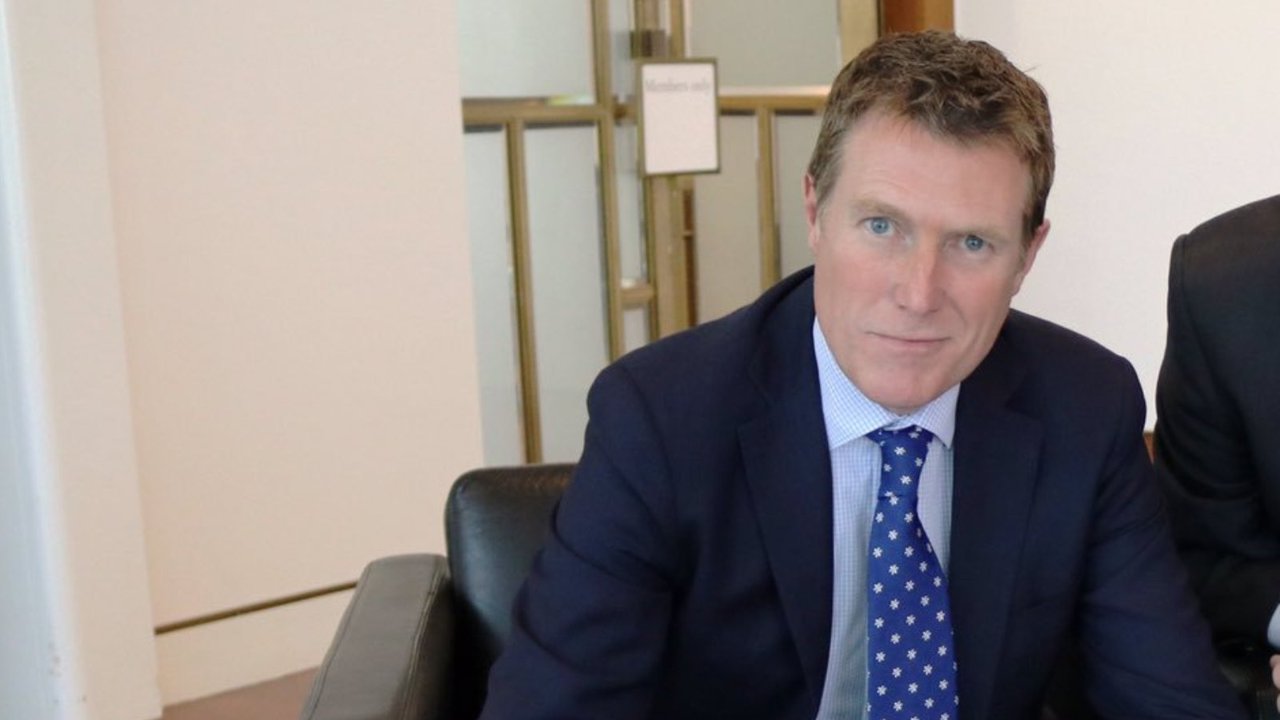
QLD News
Don't miss out on the headlines from QLD News. Followed categories will be added to My News.
A Queensland man has unwittingly become the biological father of 50 children – exposing extraordinary flaws in the state’s sperm donor system.
There are now fears he could have fathered dozens more children after a young Queensland-born woman – who had not been officially linked to the man – discovered via an ancestry website she was also one of his offspring.
The astonishing case began when a blond and sporty young Brisbane man, just out of school, walked into a fertility clinic two decades ago with a group of mates and made the first of a series of sperm donations.
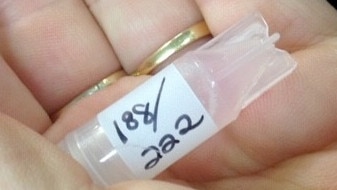
Known as “serial number 188’’, his attractive profile made his sperm hot property for women and families seeking donor frozen semen to start a family.
Blond hair. Blue eyes. Athletic build. Loves surfing, rugby union and athletics. Interested in science and maths.
Eats healthily most of the time. Only drinks alcohol on Saturday nights.
Is quiet, easygoing and organised. Favourite colour blue. Favourite food Chinese.
Both parents and sets of grandparents Australian.
But even fertility specialists admit what happened next was “extreme”.
A FATHER OF 50
His first seven children were born in 2003, official records show. In 2004 he fathered 11, including seven boys and four girls and within just five years was the biological dad of a total of 36 young Queenslanders.
His sperm, distributed between Brisbane and Cairns, has created 10 sets of IVF twins, and his latest known child was a girl born in 2017.
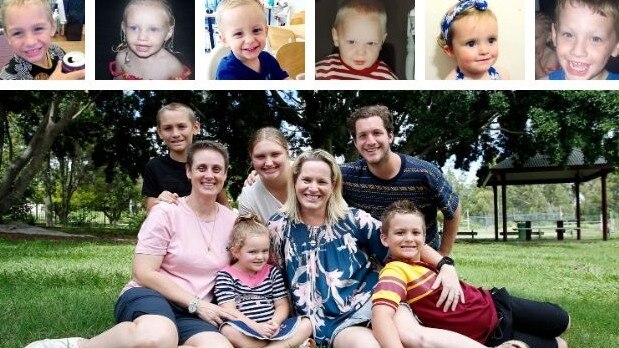
The Courier-Mail understands the man, now aged 40, is a long-term Brisbane resident with at least one young child of his own, that he is raising. It is understood there are still vials of the man’s sperm donations in storage.
Families who used the man’s sperm were made aware how many children he had fathered and accepted it.
But the shock discovery that there could be many more half siblings and that advancements in DNA tracing could destroy confidentiality have rocked them.
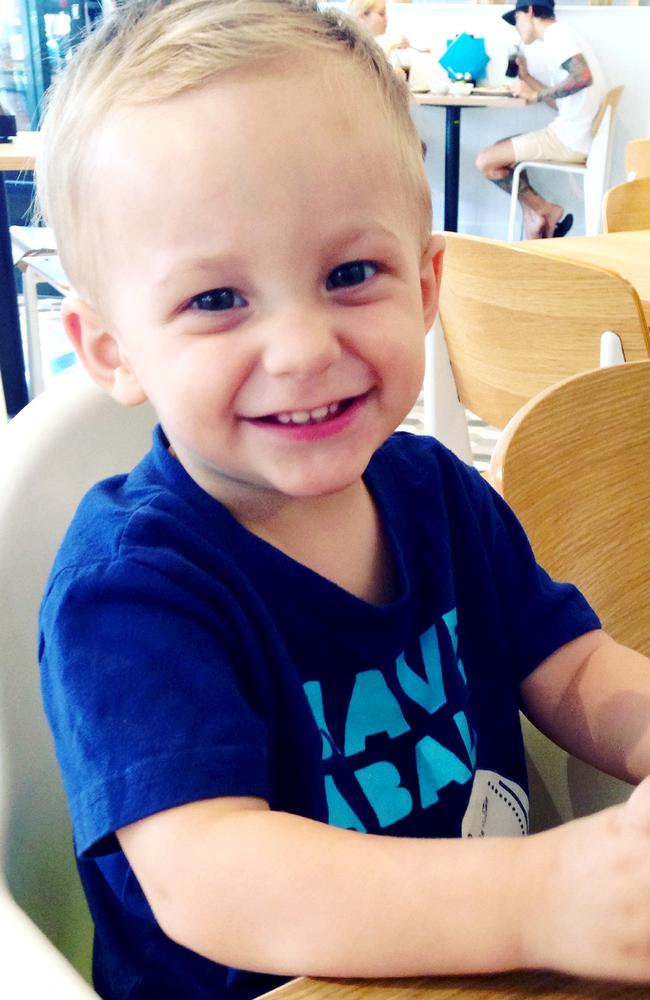
OUT OF THE BLUE
Shannon Ashton and Lisa Quinn from Brisbane are parents to five of the man’s children. Their clinic, Queensland Fertility Group, presented the two mums with a list of children he had fathered. The list shows 48 births starting in 2003. But they received a rude shock when an unexpected call came from a young woman claiming to be the half-sibling of their children.
“I have been able to live with the number 48,” Ms Ashton said. “It’s an extreme number, but I felt confident I was well informed about the donor’s history. I am very transparent with my children and have warned them from the list that they possibly had siblings living in nearby suburbs. But I was unexpectedly contacted by a 19-year-old girl called Ivy. She said that through an ancestry DNA company she discovered she was a sibling to my children and was born in 2001. I was blown away. My list starts in 2003 – how many children were born from 2001 to 2003?”
Ms Ashton and Ms Quinn are proud parents of Mack Ashton-Bell, 10, Darcy Ashton-Norton, 15, Zac Ashton-Norton, 17, Delaney Ashton-Quinn, 3 and Caelan Ashton-Quinn, 6.
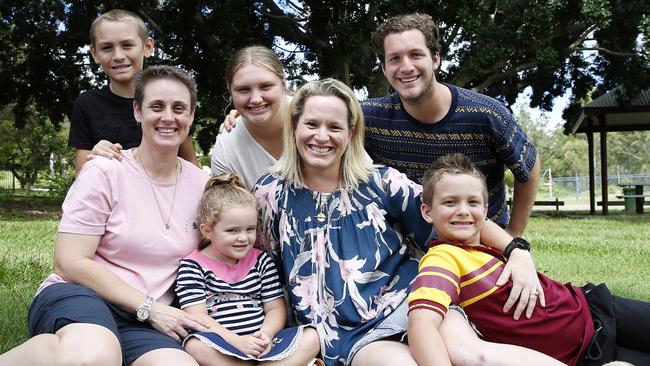
“The fear is that if there is not proper regulation then donor siblings could be everywhere and meeting up and starting relationships,” Ms Ashton said.
“The cracks in the record system will become more obvious as DNA tracing is very effective and it is easy to investigate family origins. Queensland Fertility Group has been amazing for us, the doctors and the staff have helped us have our dream family but it’s the historic record keeping that is the problem.”
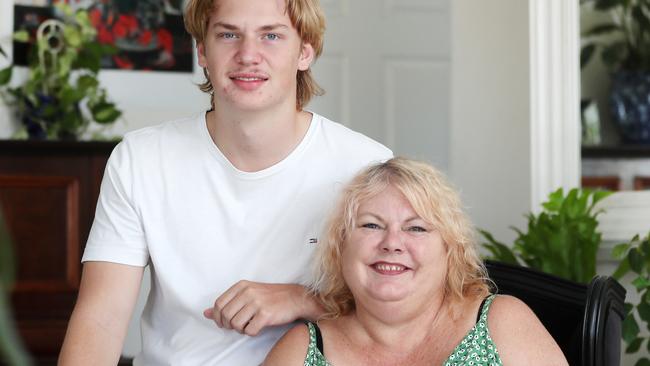
The mum said there needs to be legislation requiring donor recipients to record the births of their children, and tell their children they were born through donor sperm. That information would be put onto a database where families can check their “diblings”, or donor siblings.
“There needs to tighter regulation on the whole assisted reproduction industry to maintain the privacy of the donors,” she said.
“This young man has given Lisa and me our beautiful children and as a young man he would never have guessed the number of children he would go on to father. We are forever grateful. But anyone through DNA testing can now track down their fathers and siblings. Secrets will be laid out in the open.”
‘THE LOVE OF MY LIFE’
In Australia, donating sperm is altruistic with no payments, but back when the man donated, expenses were covered.
Jo Cairns is a single mum to Josh, now 18. The Brisbane woman also chose the blond surfer to be her sperm donor.
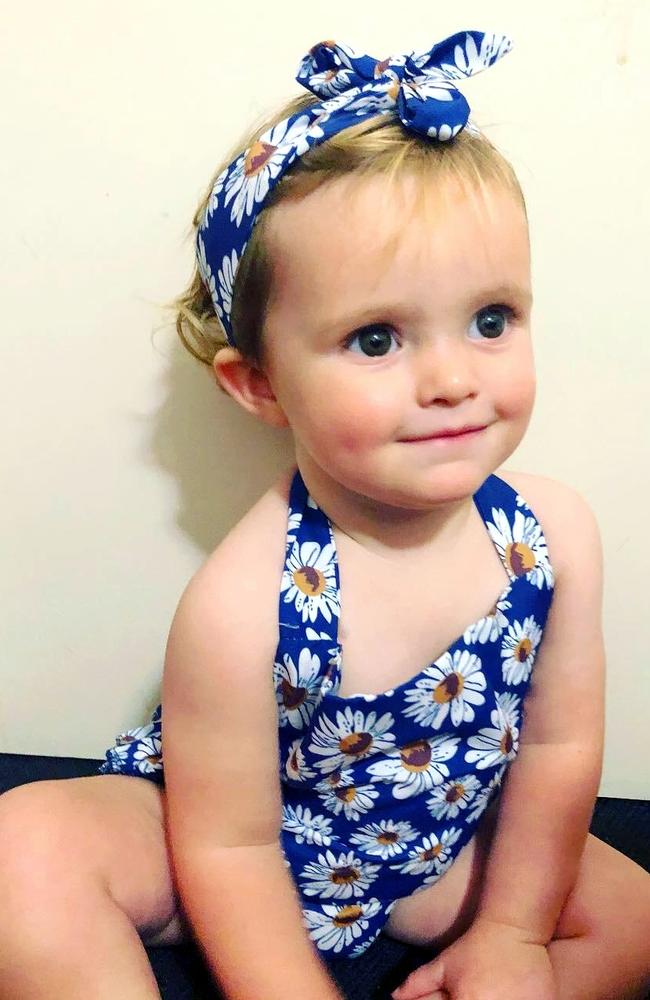
“I was 41 and decided to have a child on my own and this young guy gave me the love of my life in Josh,” Ms Cairns said. “But there are flaws emerging in the system. DNA tracing is outing donors. There needs to be change or no one will want to ever donate and it is such an important gift for families.
“I agree with the proposal to make sure recipients inform their children they were born from donor sperm. They can easily find out for themselves these days and it is devastating, never mind the problem of ‘dibling attraction’. Things have changed even since 2004, when it was made law that donors had to be prepared to release their identity which would be kept confidential until a child is 18.”
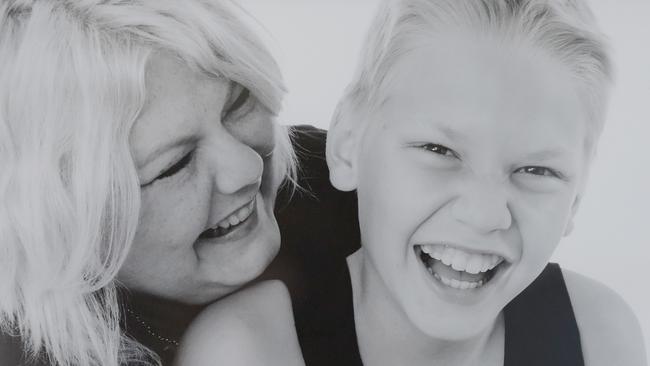
Queensland Fertility Group clinical director Dr David Molloy said he was aware of the issue of private DNA tracing.
“QFG is currently setting up a sibling registry but it is not always easy,” he said.
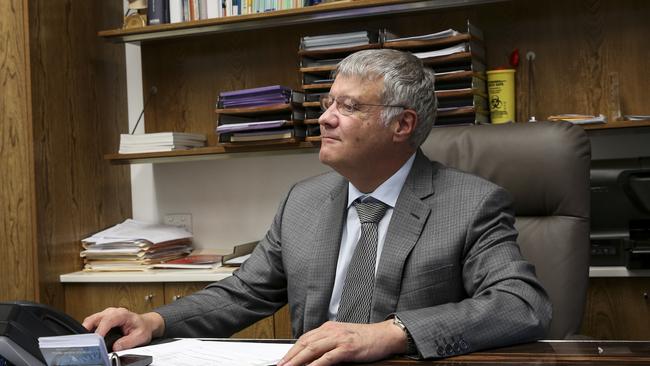
“Many families do not want their children to know they were born from a sperm donor and sometimes women get pregnant and move away … Also, when gathering information about siblings we are counting babies, not pregnancies, which can lead to a time delay … Record-keeping has improved and will continue to improve but there is no doubt that DNA tracing can impact on people’s privacy.”
The doctor confirmed that donor 188 sperm was distributed from Cairns to Brisbane.
“We thinned out the gene pool with this man and while it sounds extreme that he fathered so many children, 17 of those came from just three families and there were 10 sets of IVF twins,” he said. “One family alone had seven of his children … This person had very good sperm and made many families very happy.”


